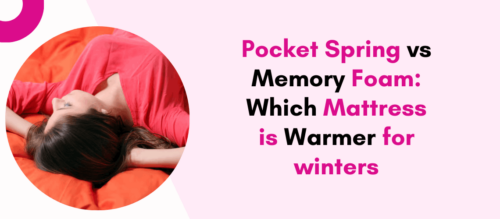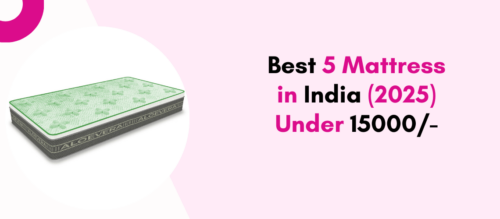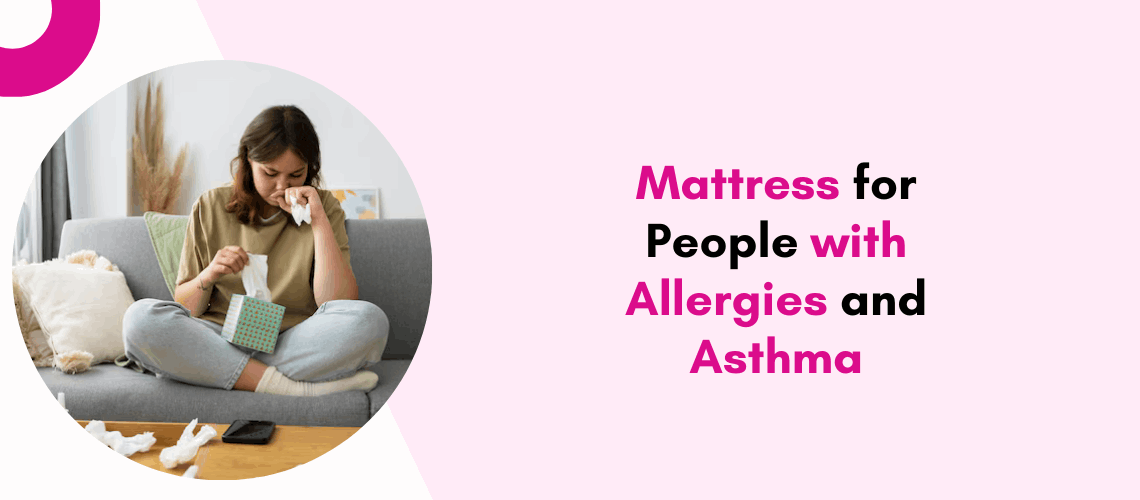

Coirfit
Mattress for People with Allergies and Asthma
- ,
- , Mattress
Living with allergies and asthma can significantly impact your quality of life, especially when it comes to getting a good night’s sleep. Your mattress plays a crucial role in ensuring a restful sleep, but it can also be a major contributor to your symptoms if not chosen and maintained properly. At Coirfit Mattress, we understand the importance of a healthy sleeping environment, and we’re here to offer you some expert tips on selecting and caring for a mattress to minimize allergens and asthma triggers.

1. Choose the Right Mattress Material
When shopping for a mattress, it’s essential to select one made from hypoallergenic materials. Traditional mattresses can harbor dust mites, mold, and other allergens. Here are some materials that are better suited for allergy and asthma sufferers:
- Latex Mattresses: Natural latex is resistant to dust mites and mold, making it an excellent choice for those with allergies. It’s also durable and provides good support for your body.
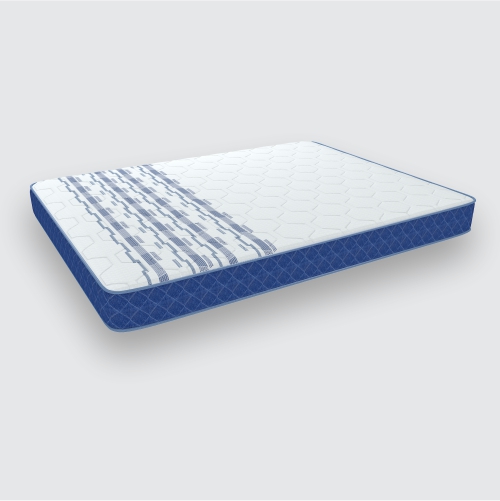
- Memory Foam: High-density memory foam mattresses are less likely to attract dust mites compared to traditional innerspring mattresses. Ensure that the foam is CertiPUR-US certified to avoid harmful chemicals.
- Coir Mattresses: Made from coconut fibers, coir mattresses are naturally resistant to dust mites and mold. They also offer excellent ventilation, which helps in maintaining a fresh sleeping environment.
2. Use Allergen-Proof Mattress Covers
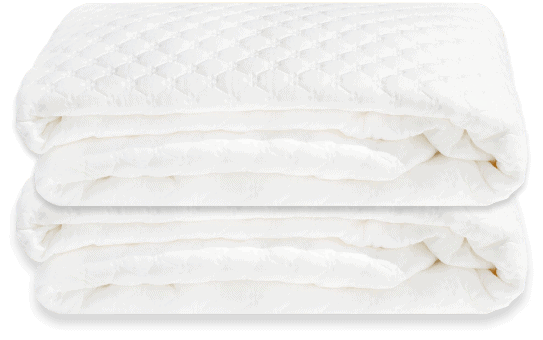
An effective way to protect your mattress from allergens is by using allergen-proof covers. These covers encase your mattress and act as a barrier against dust mites, mold, and pet dander. Look for covers made from tightly woven fabrics that are breathable yet impermeable to allergens. Regularly wash these covers to keep them effective.
3. Maintain Cleanliness

Keeping your sleeping environment clean is crucial for minimizing allergens. Here are some tips to maintain a clean mattress:
- Regular Cleaning: Vacuum your mattress regularly using a vacuum cleaner with a HEPA filter to remove dust and allergens. Spot clean any stains with mild soap and water.
- Sun Exposure: If possible, expose your mattress to sunlight occasionally. Sunlight helps kill bacteria and dust mites.
- Wash Bedding Frequently: Wash your sheets, pillowcases, and blankets at least once a week in hot water (at least 130°F) to kill dust mites and remove allergens.
4. Control Humidity Levels
Dust mites and mold thrive in humid environments. To keep these allergens at bay, maintain the humidity level in your bedroom between 30% and 50%. Use a dehumidifier if necessary, and ensure proper ventilation in your room. Air conditioning can also help in reducing humidity levels during warmer months.
5. Avoid Wall-to-Wall Carpeting

Carpets can trap allergens and are difficult to clean thoroughly. Opt for hard flooring like wood, tile, or vinyl in your bedroom. If you prefer having a carpet, choose a low-pile option and clean it regularly with a vacuum cleaner equipped with a HEPA filter.
6. Keep Pets Out of the Bedroom
While we all love our pets, they can bring additional allergens into your sleeping environment. Pet dander can trigger allergies and asthma symptoms, so it’s best to keep your pets out of the bedroom and off your bed. If this is not possible, ensure that you groom your pets regularly and clean your bedding frequently.
7. Invest in Air Purifiers

Using an air purifier with a HEPA filter can significantly reduce airborne allergens in your bedroom. Place the air purifier close to your bed to ensure you breathe cleaner air while you sleep. Regularly change the filters as recommended by the manufacturer to maintain its efficiency.
8. Consider Anti-Allergy Treatments
Some mattresses come with anti-allergy treatments that can help reduce the presence of allergens. Look for mattresses that have been treated with antimicrobial agents or have hypoallergenic properties. These treatments can provide an extra layer of protection against common allergens.
9. Replace Your Mattress Regularly

No matter how well you take care of your mattress, it will eventually need to be replaced. Over time, mattresses accumulate dust mites, allergens, and wear out, losing their supportive qualities. Aim to replace your mattress every 7-10 years, or sooner if it shows signs of wear and tear or exacerbates your allergy or asthma symptoms.
Conclusion
A good night’s sleep is essential for everyone, but it is especially important for individuals with allergies and asthma. By choosing the right mattress and maintaining a clean sleeping environment, you can significantly reduce your exposure to allergens and enjoy a more restful sleep. At Coirfit Mattress, we offer a range of hypoallergenic mattresses designed to provide comfort and support while minimizing allergy and asthma triggers. Explore our collection today and take the first step towards a healthier, more comfortable sleep.
For more tips and expert advice, visit our website at Coirfit Mattress.
For more information and to browse our collection, visit Coirfit Mattress.
To reach out to Coirfit Mattress, email us at [email protected] or call us on +91-9837058451.
Let’s stay in touch-
Facebook- https://www.facebook.com/coirfitmattresses/
Instagram- https://www.instagram.com/coirfitmattress/
Youtube- https://www.youtube.com/c/COIRFITMATTRESSES
Know more about Coirfit Updates and Sleep Tips, Binge on-



